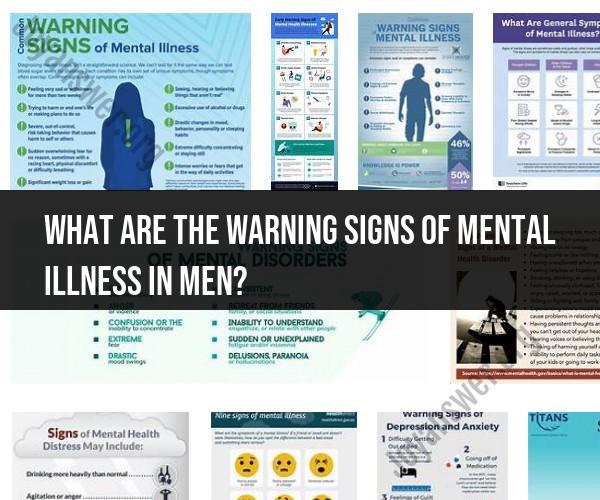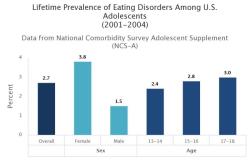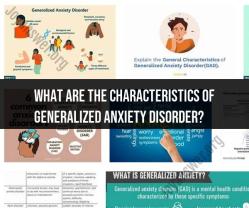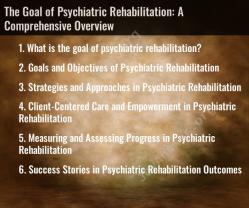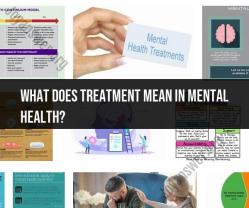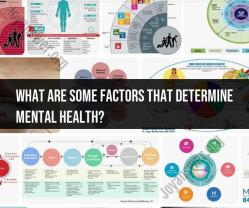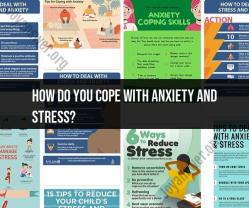What are the warning signs of mental illness in men?
Recognizing the warning signs of mental illness in men is crucial for early intervention and support. Mental health concerns can affect anyone, regardless of gender, but men may sometimes express their distress differently or be less likely to seek help. Here are some common warning signs of mental illness in men:
Changes in Mood: Noticeable and persistent shifts in mood, such as frequent irritability, anger, sadness, or emotional numbness. Men may be more prone to expressing distress through anger or irritability rather than sadness.
Social Withdrawal: Isolation from friends and family, reluctance to engage in social activities or hobbies they used to enjoy, or a significant decline in social interaction.
Changes in Sleep Patterns: Insomnia, difficulty falling asleep or staying asleep, or excessive sleep (hypersomnia). Disrupted sleep patterns can be a sign of depression, anxiety, or other mental health issues.
Changes in Appetite or Weight: Significant changes in eating habits, leading to noticeable weight gain or loss. These changes can be associated with conditions like depression or eating disorders.
Substance Abuse: Increased use of alcohol, drugs, or other substances as a way to cope with emotional distress. Substance abuse can exacerbate underlying mental health issues.
Physical Symptoms: Unexplained physical complaints like headaches, stomachaches, or other pain without apparent medical cause. Sometimes, mental distress can manifest as physical symptoms.
Fatigue and Low Energy: Persistent feelings of fatigue, low energy, and a lack of motivation to engage in daily activities, even those they once enjoyed.
Difficulty Concentrating: Trouble concentrating, making decisions, or focusing on tasks. Mental health issues like anxiety or depression can interfere with cognitive functioning.
Feelings of Hopelessness or Helplessness: Expressions of hopelessness about the future, a belief that things can't get better, or a sense of being trapped in a situation.
Increased Risk-Taking: Engaging in risky behaviors, such as reckless driving, substance abuse, or dangerous sports, as a way to cope with emotional pain or boredom.
Excessive Work or Overcommitment: Overworking, taking on too many responsibilities, or being overly dedicated to work as a way to avoid dealing with emotional issues.
Suicidal Thoughts: Expressing thoughts of self-harm or suicide, even indirectly. Any mention or indication of suicidal thoughts should be taken very seriously, and immediate help should be sought.
Anger Outbursts: Frequent, intense, or uncontrolled anger or hostility that is out of proportion to the situation. This can be a manifestation of underlying mental health issues.
Loss of Interest in Personal Care: Neglecting personal hygiene, grooming, and self-care routines.
Apathy and Emotional Detachment: Displaying a lack of interest, emotional numbness, or a sense of emotional detachment from loved ones or life in general.
It's essential to remember that experiencing one or more of these signs does not necessarily indicate a specific mental illness, and some of these signs can overlap with normal emotional responses to life's challenges. However, if you or someone you know is experiencing these warning signs persistently and they are interfering with daily life, it's important to seek help from a mental health professional or a healthcare provider. Early intervention and appropriate treatment can significantly improve mental health outcomes. Encouraging open and non-judgmental conversations about mental health is essential to destigmatize seeking help for mental health concerns in men and everyone.
Recognizing Warning Signs of Mental Illness in Men
Mental illness can affect anyone, regardless of age, gender, or socioeconomic status. However, there are some warning signs that may be more common in men. If you notice any of the following changes in a man in your life, it is important to encourage him to seek professional help:
- Changes in mood or behavior: This could include becoming more irritable, withdrawn, or aggressive.
- Difficulty concentrating or making decisions: This could affect his work, school, or relationships.
- Changes in sleep patterns: This could include insomnia, hypersomnia, or nightmares.
- Changes in appetite: This could include weight loss, weight gain, or changes in eating habits.
- Loss of interest in activities he used to enjoy: This could include hobbies, sports, or spending time with friends and family.
- Thoughts of suicide or self-harm: If you are concerned that a man in your life may be having thoughts of suicide or self-harm, it is important to reach out for help immediately.
Mental Health Red Flags Specific to Men: What to Look For
In addition to the general warning signs of mental illness listed above, there are some red flags that may be more specific to men. These include:
- Substance abuse: Men are more likely than women to abuse alcohol and drugs, which can worsen mental health problems.
- Domestic violence: Men are more likely than women to be perpetrators of domestic violence.
- Risk-taking behavior: Men are more likely than women to engage in risk-taking behavior, such as driving under the influence of alcohol or drugs.
- Isolation: Men are more likely than women to isolate themselves from others, which can exacerbate mental health problems.
Encouraging Men to Seek Help: Addressing Mental Health Stigma
There is a lot of stigma associated with mental illness, especially among men. This can make it difficult for men to seek help for mental health problems. Here are some tips for encouraging men to seek help:
- Talk openly about mental health: The more we talk about mental health, the more we can help to reduce the stigma associated with it. Let men in your life know that it is okay to ask for help if they are struggling.
- Educate yourself about mental illness: The more you know about mental illness, the better equipped you will be to support men in your life who are struggling. Learn about the different types of mental illness, the symptoms, and the treatments available.
- Be supportive and understanding: If a man in your life tells you that they are struggling with mental health problems, be supportive and understanding. Let them know that you are there for them and that you want to help.
- Encourage them to seek professional help: If you are concerned about a man in your life, encourage them to seek professional help from a therapist or psychiatrist. They can help to diagnose and treat mental health problems.
It is important to remember that mental illness is a treatable condition. With the right support, men can live full and productive lives.
